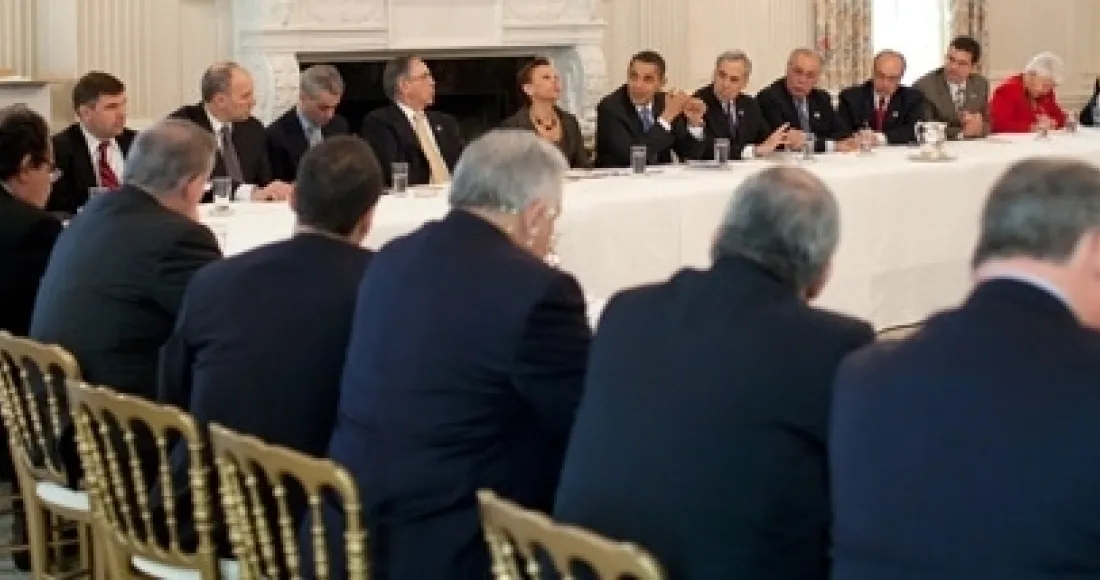
There are all kinds of caucuses in Congress. These caucuses are informal groups of politicians with shared concerns about a discrete topic. There is a beef caucus, a biomass caucus, a brain injury caucus, even a bike caucus, and that is just from the ‘B’ list. While largely based in the House, the Senate has several caucuses as well. Senators will often sit in on or join House Caucuses in the absence of a Senate caucus. To date, there has not been a Congressional caucus devoted to whistleblowers. That may soon be changing as Iowa Senator Chuck Grassley announced his plans this week to create a Senate Whistleblower Protection Caucus. Sen. Grassley said he’s creating the caucus to build a coalition of like-minded Senators who can help bring attention to the need for ongoing whistleblower protections. Regardless of your political affiliation, Congressional attention on protecting whistleblowers is a good thing and long overdue.
Whistleblowers are often treated like skunks at a picnic. It takes guts to put your career on the line to expose waste and fraud, and whistleblowers need senators who will listen and advocate for them.
“The best protection for a whistleblower is a culture of understanding and respecting the right to blow the whistle,” Grassley said. The Iowa Senator added, “Whistleblowers are often treated like skunks at a picnic. It takes guts to put your career on the line to expose waste and fraud, and whistleblowers need senators who will listen and advocate for them.”
I couldn’t have said it better myself. In recent years, the laws that provide protection and, in some cases, rewards to whistleblowers have become the target of legislative attacks. Certainly, the controversy created by Edward Snowden is going to fan these flames.
A long-time advocate for whistleblowers, Grassley has stood up against the heavy hand of the bureaucracy, regardless of whether Republicans or Democrats were in charge, for individual whistleblowers from the Pentagon, the FBI, the Bureau of Alcohol, Tobacco, Firearms and Explosives, the IRS, the Interior Department, the Department of Health and Human Services, the Food and Drug Administration, and the Securities and Exchange Commission. In addition to co-authoring the 1989 whistleblower law, Grassley also authored the 1986 update of the False Claims Act to include qui tam provisions that empower private citizens who have information about fraudulent activity by government contractors to bring wrongdoing forward and sue in the name of the government. To date, these whistleblower provisions have recovered nearly $40 billion for taxpayers that would have otherwise been lost to fraud.
In 2009, Grassley and Senator Patrick Leahy won passage of the Fraud Enforcement and Recovery Act which made the most significant improvements to the False Claims Act since 1986. The law restores the scope and applicability of the False Claims Act where it had been limited by court decisions. This effort also revised criminal laws to help prosecute mortgage fraud, securities fraud, and complex financial crimes that led to the 2008 financial crisis. Most recently, Senator Grassley authored the 2006 overhaul of the IRS whistleblower program to fight major tax fraud. The IRS has recently paid out several awards, but, after scrutiny from Grassley, has acknowledged that the agency must be more timely and responsive in processing whistleblower claims.
It will be interesting to see which brave senators join Senator Grassley on the Whistleblower Protection Caucus.

